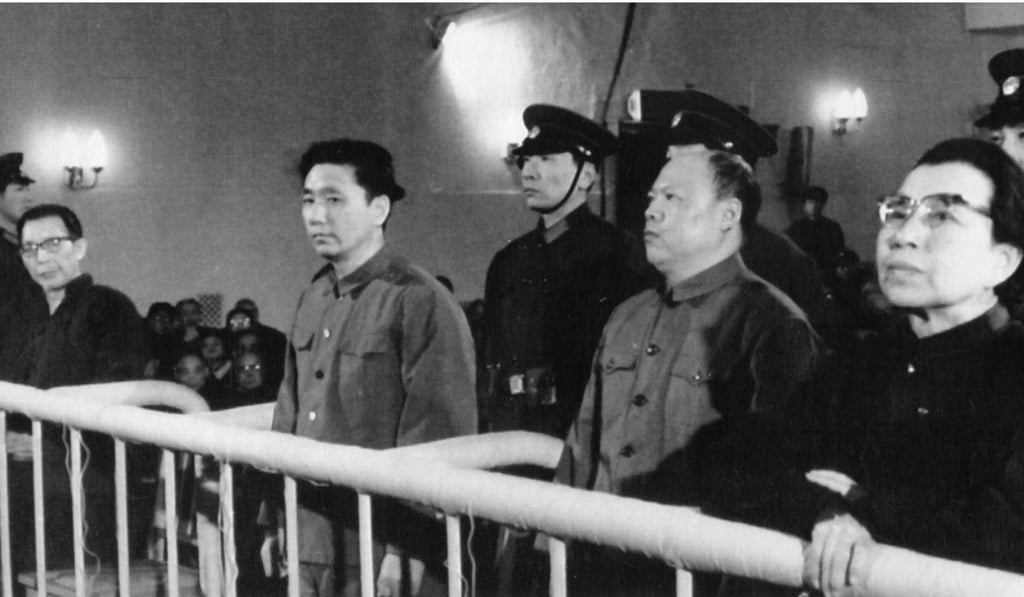Chinese state media labels Hong Kong pro-democracy figures ‘new Gang of Four’ in fresh attacks
- Articles target Jimmy Lai, Martin Lee, Anson Chan and Albert Ho, calling them ‘traitors’ who act as agents for ‘Western anti-China forces’
- Lee, Chan and Ho dismiss the allegations, with the former chief secretary saying she deplored the ‘unwarranted smear campaign’

China’s state media has launched scathing personal attacks on leading pro-democracy figures in Hong Kong, labelling them the “new Gang of Four” that “colludes” with Western forces to instigate unrest and destroy the city.
In an escalation of rhetoric, the articles published over the weekend lashed out at media tycoon Jimmy Lai Chee-ying, Democratic Party founder Martin Lee Chu-ming, former chief secretary Anson Chan Fang On-sang and former lawmaker Albert Ho Chun-yan, calling them the “Gang of Four who bring ruin to Hong Kong”.
The Gang of Four refers to allies of late chairman Mao Zedong, infamous for their role in the decade-long upheaval of the Cultural Revolution, who were eventually convicted in show trials for “counter-revolutionary crimes”.
Lee, Chan and Ho dismissed the allegations, while Lai did not respond to a request for comment.
The propaganda assault was carried out on the social media account and overseas edition of Communist Party mouthpiece People’s Daily, and the official WeChat account of the Central Political and Legal Affairs Commission, a powerful party arm that oversees law enforcement and the judiciary.

After an initial period of near silence and blanket censorship on the demonstrations, propaganda efforts were ramped up last month on Chinese state media and social media, with radical protesters labelled as “separatists” and the movement a “colour revolution” incited by Western “black hands”.
